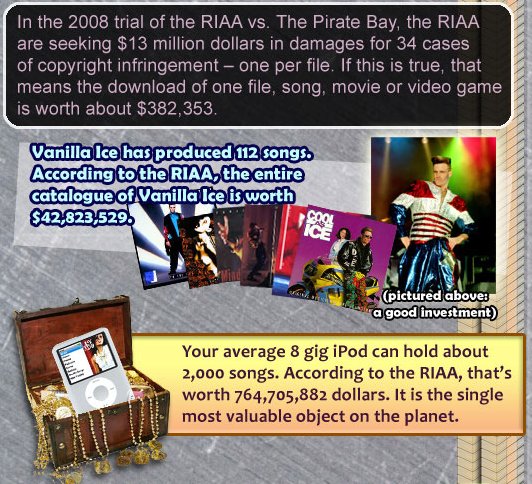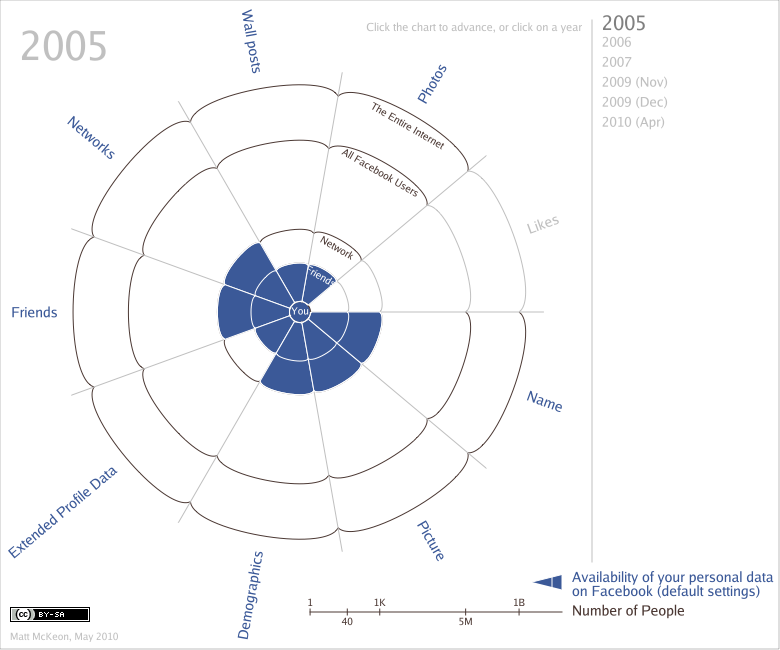It’s not yet online, so I haven’t read it myself (and, not being a lawyer, it might not be a good use of my time). Michael Geist has, however, and provides a useful summary of the good and the bad:
The bill contains some important extensions of fair dealing, including new exceptions for parody, satire, and (most notably) education. It also contains more sensible time shifting and format shifting provisions that still feature restrictions (they do not apply where there is a digital lock) but are more technology neutral than the C-61 model. There is also a “YouTube exception” that grants Canadians the right to create remixed user generated content for non-commercial purposes under certain circumstances. While still not as good as a flexible fair dealing provision, the compromise is a pretty good one. Throw in notice-and-notice for Internet providers, backup copying, and some important changes to the statutory damages regime for non-commercial infringement and there are some provisions worth fighting to keep.
Yet all the attempts at balance come with a giant caveat that has huge implications for millions of Canadians. The foundational principle of the new bill remains that anytime a digital lock is used — whether on books, movies, music, or electronic devices — the lock trumps virtually all other rights. In other words, in the battle between two sets of property rights — those of the intellectual property rights holder and those of the consumer who has purchased the tangible or intangible property — the IP rights holder always wins. This represents market intervention for a particular business model by a government supposedly committed to the free market and it means that the existing fair dealing rights (including research, private study, news reporting, criticism, and review) and the proposed new rights (parody, satire, education, time shifting, format shifting, backup copies) all cease to function effectively so long as the rights holder places a digital lock on their content or device.
It’s not quite the total surrender to the entertainment rights holders that many feared, but it’s certainly not the best deal for consumers. Bottom line:
For the glass half-full, the compromise positions on fair dealing, the new exceptions, and statutory damages are not bad — not perfect — but better than C-61. For the glass half-empty, the digital lock provisions are almost identical to C-61 and stand as among the most anti-consumer copyright provisions in Canadian history. Not only are they worse than the U.S. DMCA, but they undermine much of the positive change found in the rest of the bill. In the days and weeks ahead, Canadians must speak out to ensure that the compromise positions found in C-32 remain intact and that the digital lock provisions move from the no-compromise category to the compromise one.






